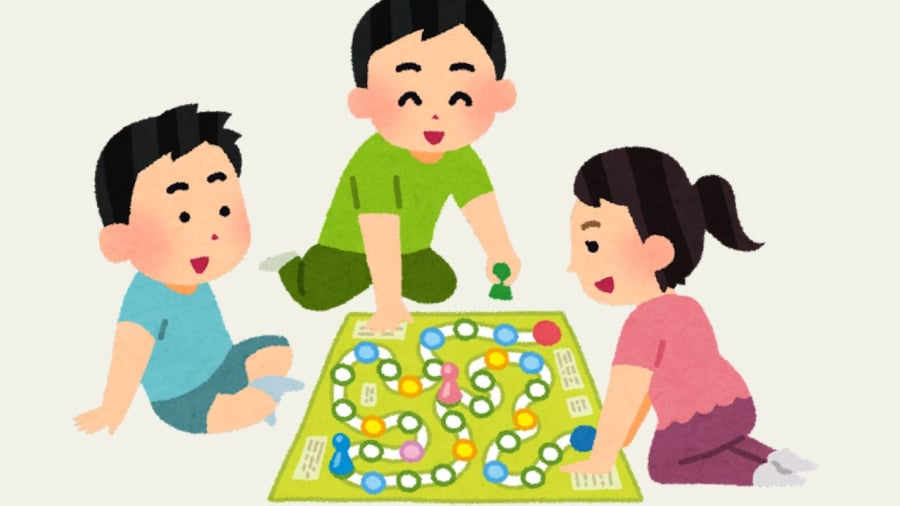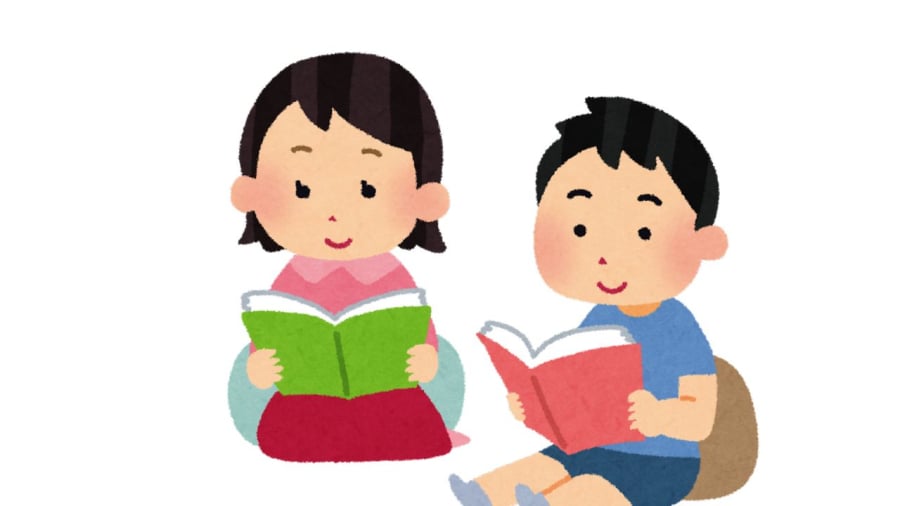The Power of Play
While learning is important, so is play. Playtime is when children get to release their energy and learn a great deal. They develop observation and motor skills, and it helps them relax and de-stress. Play helps children develop better and be happier and more obedient. Yet, many children are made to sit at their desks and study, with little to no time to unwind.

Play Develops Essential Skills
Allowing children to play means they will be able to concentrate and learn better afterward. Play also promotes physical activity, enhances observation skills, and improves overall well-being. Through play, children get to experience the world around them, learn coordination and communication, and relax, reducing stress and tantrums.
Seemingly Useless Hobbies
Children sometimes develop unusual hobbies, like tearing paper, doodling, or collecting superhero pictures. Parents should respect these interests, no matter how insignificant they may seem. Hobbies help children focus and give them a sense of purpose. Many parents believe that hobbies must be grand for their children to succeed in the future, but this is not true. As long as your child’s hobby doesn’t violate any moral codes or cause harm, let them indulge in it. It will make for a happier and more fulfilled childhood.
Hobbies help children maintain a positive and optimistic attitude, and their minds will be enriched. They experience genuine happiness when engaging in these activities. Every child is unique, so don’t force your child to conform to what other children are doing. By respecting their seemingly mundane hobbies, you teach them respect and love.

The Value of Entertainment Books
Reading for Fun
It’s not necessary to always read philosophical or educational books. Sometimes, children just need to read for fun. If the entertainment books are not harmful, teach your children to allocate time for reading. Let them read what they enjoy, and they will eventually develop a love for reading and explore different genres. What adults consider “good books” may not appeal to children, but that doesn’t mean they won’t read them; it just takes time.
Entertainment books can be a great way to spark a love of reading in children. Just make sure the content is harmless, and keep an eye on the time they spend reading them.
Life Experiences
Participating in life experiences is another way for children to grow. Don’t be afraid to let your children have these experiences; if you’re too worried, their development may be stifled. For example, some children like to help their parents in the kitchen but are often shooed away. Many parents think that children should only focus on studying and that they’re a nuisance in the kitchen. However, if parents encourage their children to join them, it can be beneficial for both the children and the family.
By denying children these experiences, we hinder their development of self-reliance and confidence. They lose their ability to recognize happiness and become trapped in the pursuit of grades.





































